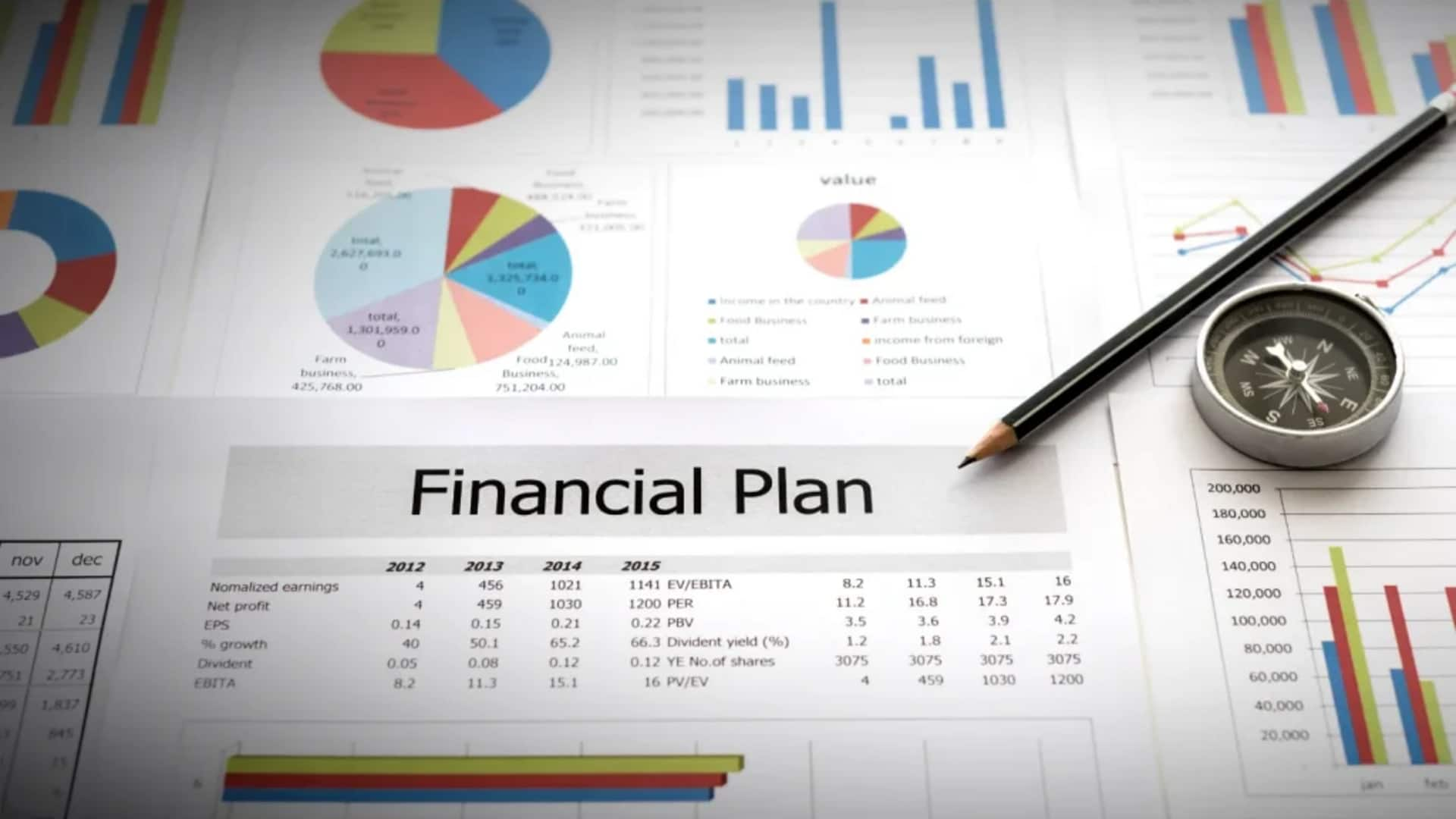
5 easy tips to master your annual financial planning
What's the story
Annual financial planning is crucial for maintaining a healthy financial life. It involves setting goals, assessing current finances, and making informed decisions to ensure future stability. By focusing on key areas such as budgeting, saving, investing, and debt management, individuals can create a robust plan that aligns with their long-term objectives. Here are five essential tips to help you master your annual financial planning and achieve your financial goals effectively.
Goal setting
Establish clear financial goals
Setting clear financial goals is the foundation of any successful financial plan. Start by listing down short-term and long-term objectives, like saving for a vacation or retirement. Quantify these goals in terms of timeframes and monetary amounts to bring clarity and direction. This helps you prioritize your spending and savings efforts throughout the year.
Budgeting basics
Create a realistic budget
A realistic budget is crucial for efficient planning. Begin by tracking all income sources and expenses for a few months to get an idea of where and how you spend. Divide expenses into fixed costs, such as rent or mortgage payments, and variable costs, such as groceries or entertainment. Divide funds accordingly, while making sure savings contributions are included in the budget.
Emergency savings
Build an emergency fund
An emergency fund serves as your safety net during unforeseen circumstances like a medical emergency, job loss, etc. Try saving at least three to six months' worth of living expenses in an easily accessible account. Contribute small amounts regularly until you reach this target, being prepared without compromising other financial commitments.
Investment checkup
Review investments regularly
Regularly reviewing investments is critical for keeping them in line with changing market conditions and personal goals. You need to assess asset allocation across various investment vehicles like stocks, bonds, or mutual funds according to risk tolerance levels periodically throughout the year, instead of waiting for year-end statements to come out.
Debt management
Manage debt effectively
Effective debt management can also go a long way in ensuring overall financial stability during annual planning processes. Prioritize paying off high-interest debts first while making minimum payments on others simultaneously. Consider consolidating loans if possible through lower interest rate options available from banks or credit unions nearby, where applicable.